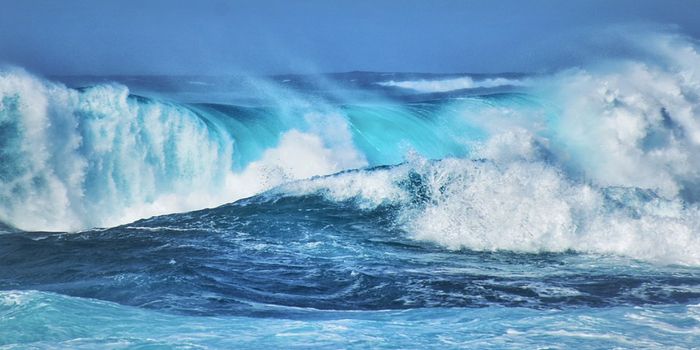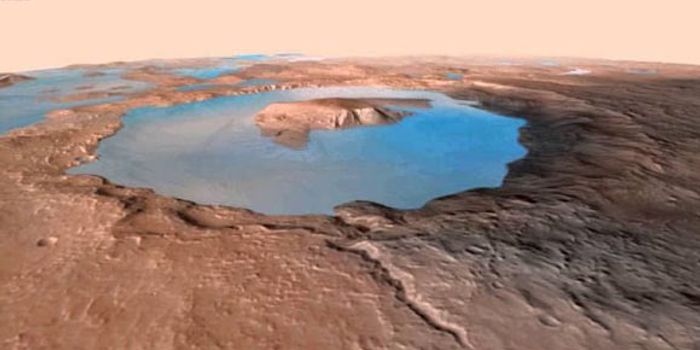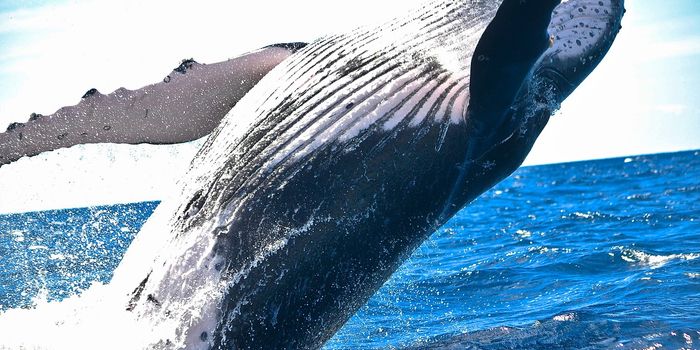Climate Change is Changing Wetland Ecosystems
In a recent study published in Nature Climate Change, a team of researchers at the Chinese Academy of Sciences examined how global climate change impacts wetland ecosystems, which comprise only 6 percent of the entire Earth’s surface but is responsible for storing one-third of the entire soil organic carbon in the world. While the study noted these wetlands are a greenhouse gas sink, the findings indicated this sink could decrease by approximately 57 percent if average global temperatures increase by only 1.5 to 2 degrees Celsius (34.7 to 35.6 degrees Fahrenheit).

"In other words, warming undermines the mitigation potential of pristine wetlands despite achieving the Paris Agreement's goal of limiting the increase of global mean temperature between 1.5 and 2 °C above pre-industrial level," said Bao Tao, who is a graduate student at the Chinese Academy of Sciences, and lead author of the study.
For the study, the researchers used data from 167 independent wetland locations and measured changes in their deposits of methane, nitrous oxide, and carbon monoxide in response to increased temperatures. The researchers found that rising temperatures would result in an approximate 27 percent increase in nitrous oxide discharge, which is significant since nitrous oxide is 298 times more impactful as a greenhouse gas than the traditionally known greenhouse gas of carbon dioxide.
"We found that warming will promote the net emissions of methane and nitrous oxide in permafrost wetlands more remarkably than other regions, thereby exerting positive feedback on global warming," said Dr. Xu Xiyan, who is a professor in the Institute of Atmospheric Physics at the Chinese Academy of Sciences, and a co-author on the study.
The study’s findings are also significant since there is a current uncertainty pertaining to greenhouse gas emissions from wetlands, per the Sixth Assessment Report by the Intergovernmental Panel on Climate Change.
"We tried to reveal the characteristics of wetland greenhouse gas emissions in response to warming and their underlying mechanisms, providing insights for modeling the wetland–climate feedbacks," said Dr. Jia Gensuo, professor in the Institute of Atmospheric Physics at the Chinese Academy of Sciences, and a co-author on the study.
How will climate change continue to impact global wetlands in the coming years and decades? Only time will tell, and this is why we science!
Sources: Nature Climate Change, EurekAlert!
As always, keep doing science & keep looking up!








